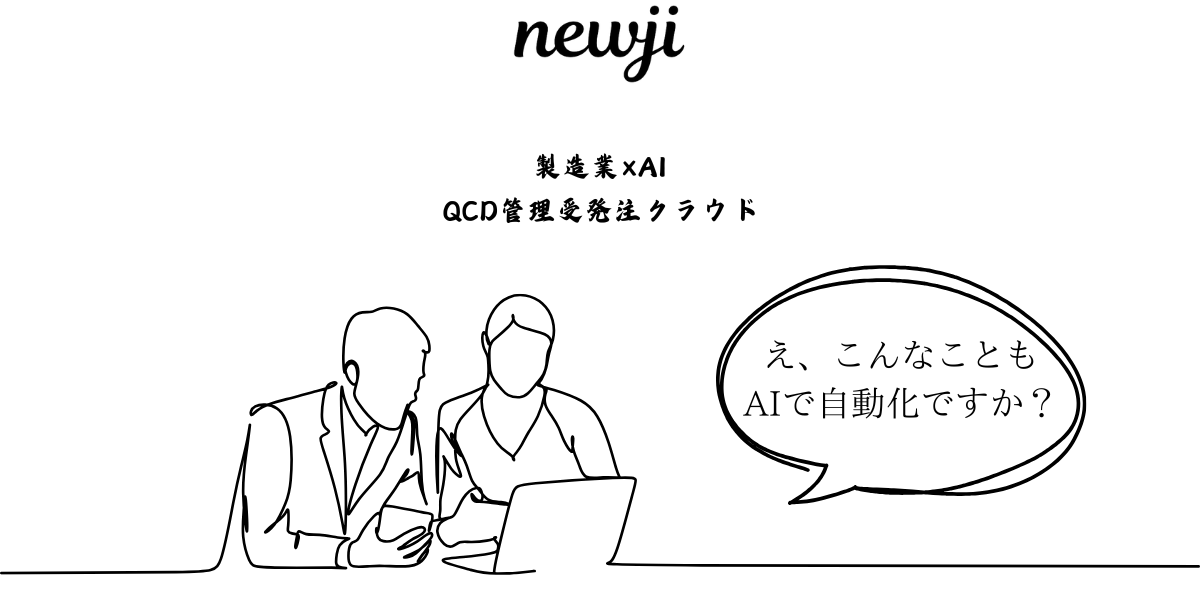- お役立ち記事
- Practical techniques for purchasing departments to increase bargaining power through price discussions with suppliers

Practical techniques for purchasing departments to increase bargaining power through price discussions with suppliers

目次
Understanding the Basics of Price Negotiation
Price negotiation is a crucial skill for any purchasing department.
It involves discussions with suppliers to agree on a price that is fair for both parties.
As prices affect your company’s bottom line, understanding how to effectively negotiate can lead to significant cost savings.
The process begins with research.
Before entering any negotiation, it’s essential to understand the market.
Know the average prices, demand trends, and supplier capabilities.
This information serves as a foundation, ensuring you have a clear picture of what a fair price looks like.
Build Strong Relationships with Suppliers
Building strong relationships with suppliers is a cornerstone of successful negotiations.
When suppliers feel valued, they are more likely to offer favorable terms.
It’s essential to communicate openly and honestly with suppliers, fostering trust and collaboration.
Regular interaction not only strengthens trust but also ensures you stay informed about any changes in the supplier’s situation.
Understanding their challenges and pressures can lead to more empathetic and, ultimately, more successful negotiations.
Identifying Your Bargaining Power
Recognizing the elements that contribute to your bargaining power is vital.
Factors such as the size of your order, market demand, and the number of available suppliers play a significant role.
If a supplier knows you are a crucial part of their business, they are more likely to grant price concessions.
Another aspect is timing.
Understanding when a supplier may need to boost sales can provide an advantage.
Periods of low demand for their products can increase your leverage.
Effective Communication Techniques
Good negotiation is rooted in effective communication.
Practice active listening, which involves paying full attention to the supplier’s perspectives and concerns.
Responding thoughtfully can lead to a more collaborative atmosphere.
It’s also important to ask open-ended questions.
This encourages suppliers to share more detailed information about their costs and constraints.
With this information, you can discover areas where there might be flexibility.
Preparing for Negotiation
Preparation boosts your confidence and effectiveness in negotiation.
Start by setting clear objectives.
Know the maximum price your company is willing to pay and any other terms you need to finalize the deal.
Create a strategy for how you will approach the conversation.
Consider potential objections from the supplier and prepare responses.
Practice your negotiation in role-playing scenarios with colleagues.
This helps polish your delivery and anticipate possible supplier reactions.
Leveraging Data and Analytics
Data-driven negotiation can give you a distinct edge.
Utilizing analytics enables you to present factual evidence supporting your price requests.
Data on historical prices, current market trends, and competitors’ prices can serve as powerful tools.
It reassures suppliers that your price expectations are not arbitrary.
Additionally, presenting cost analyses, such as the savings generated for the supplier by partnering with you, can enhance your negotiating position.
Using Alternatives and Options
Having alternatives can strengthen your negotiating position.
Identify multiple suppliers who can meet your needs.
If one supplier is unyielding, having alternatives ensures you retain leverage.
Developing options within the negotiation itself can also help.
Consider offering longer-term contracts or bulk purchases in exchange for better pricing.
These options can open discussions where a simple price might be harder to negotiate.
Maintaining Professionalism and Patience
Negotiations can become tense, but maintaining professionalism is key to success.
Avoid emotional reactions and keep discussions focused on business outcomes.
Patience is equally important.
Good deals rarely happen instantly.
They require time, reflection, and sometimes multiple sessions to reach an agreement.
If an impasse occurs, suggest a follow-up meeting rather than forcing a resolution.
This time allows for cooler heads and possibly new ideas to emerge.
Evaluating and Reflecting on the Negotiation
After concluding negotiations, it’s essential to evaluate the outcomes.
Analyze what went well and what could be improved for next time.
This continual learning process will enhance future negotiations.
Reflecting also helps in recognizing patterns in supplier behavior, giving insights into who to choose for future partnerships.
Share these reflections within your team to bolster collective knowledge and skills.
Conclusion
Increasing bargaining power through price discussions with suppliers is a skill that combines preparation, relationship building, and strategic thinking.
By understanding these practical techniques, purchasing departments can secure better prices, contributing to the overall financial health of the company.
Remember, successful negotiation is as much about the journey as it is about the destination, leading to win-win solutions for both you and your suppliers.
 資料ダウンロード
資料ダウンロード
QCD調達購買管理クラウド「newji」は、調達購買部門で必要なQCD管理全てを備えた、現場特化型兼クラウド型の今世紀最高の購買管理システムとなります。
 ユーザー登録
ユーザー登録
調達購買業務の効率化だけでなく、システムを導入することで、コスト削減や製品・資材のステータス可視化のほか、属人化していた購買情報の共有化による内部不正防止や統制にも役立ちます。
 NEWJI DX
NEWJI DX
製造業に特化したデジタルトランスフォーメーション(DX)の実現を目指す請負開発型のコンサルティングサービスです。AI、iPaaS、および先端の技術を駆使して、製造プロセスの効率化、業務効率化、チームワーク強化、コスト削減、品質向上を実現します。このサービスは、製造業の課題を深く理解し、それに対する最適なデジタルソリューションを提供することで、企業が持続的な成長とイノベーションを達成できるようサポートします。
 オンライン講座
オンライン講座
製造業、主に購買・調達部門にお勤めの方々に向けた情報を配信しております。
新任の方やベテランの方、管理職を対象とした幅広いコンテンツをご用意しております。
 お問い合わせ
お問い合わせ
コストダウンが利益に直結する術だと理解していても、なかなか前に進めることができない状況。そんな時は、newjiのコストダウン自動化機能で大きく利益貢献しよう!
(Β版非公開)

